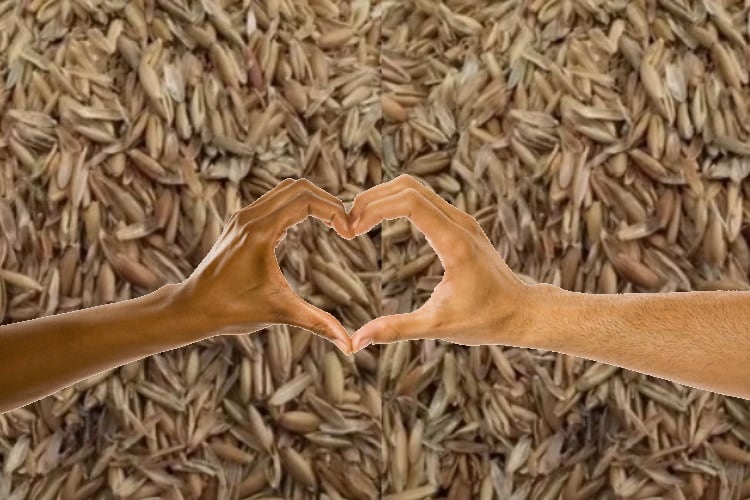The award-winning Fazer Xylitol factory has started operations in Lahti, Finland, equipped to perform a patented process that transforms upcycled oat hulls into sustainable xylitol.
“We have at hand an innovation where we combine patented new technology, healthier options to consumers and an excellent example of an innovative circular economy solution,” said Christoph Vitzthum, president and CEO of Fazer Group.
Revolutionise the way people think about food
Until now, oat hulls have been used for energy production or cattle feed, not for food fit for human consumption, which makes the product and the production process completely unique.
“Our new xylitol factory in Finland is a brilliant example of circular economy, preventing waste and in which side streams are upcycled intelligently. What remains of the oat hulls after processing the xylitol is used as bioenergy. As no materials are discarded, our factory’s carbon footprint is very low.
“We might be talking about the world’s most sustainable xylitol.”
In fact, the Fazer Xylitol factory was awarded the Finnish Star Act 2020, for its ‘sustainable innovation for a better future’.
“We want to create sustainable solutions for the people and the planet. Our Fazer Xylitol shows how side streams can be utilised; we want to revolutionise the ways people think about food, and this is only the first step,” added James Dedman, VP of Fazer Foodtech.
Superior reputation
The xylitol market is expected to grow substantially, driven by the pervasive wellness trend as both the food industry as well as the modern consumers look for healthier alternatives to white sugar. Xylitol contains only 60% of the calories in sugar, yet is just as sweet.
It’s made from xylose, which is naturally found in oats, berries, spinach and broccoli, in trees like birch and beech, and in woody materials like straw, pecan shells and corncobs. The human body also produces xylose, but in minute quantities.
Fazer produces its xylitol in three different formats: crystal, granule, and powder, all of which carry a health claim approved by the European Food Safety Authority.
“Nordic oats have a superior reputation for their purity and quality, and Finland is known for high-quality food and technology expertise. About 90% of our xylitol innovation will be exported. The next generation xylitol is of particular interest in Europe, the United States and Asia,” said Vitzthum, noting the state-of-the-art factor will cement Fazer’s position as a forerunner in plant-based products.
“We see food as a solution. How we grow, produce, and consume food has a significant impact on the environment, on society and on our wellbeing. Innovations and foodtech make the food system more productive, sustainable, and healthy.
“As sustainability is an integral part of Fazer’s strategy, innovations supporting the circular economy, such as the production of Fazer Xylitol from oat hulls, represent a future direction for the food industry.”
In addition to its own production, Fazer’s patented technology is available on license to other oat mills, thus increasing the potential access to the next generation xylitol around the world.



